Football fans are at the mercy of their owners, unless they’re supporter-owned like Hearts or Motherwell.
So Dundee United fans will be keen to hear Mark Ogren’s plans at next week’s club AGM, with finances looking rocky after the recent announcement of hefty losses and United’s major indebtedness to him.
While the team’s fortunes on the pitch look good as Championship leaders, supporters will be keen to hear robust assurances from their owner as to the overall wellbeing of the club.
Similarly, when their chance comes around, Dees will be eager to hear further details of what their club’s link-up with Burnley means for them.
Is it simply a matter of sharing ideas and expertise and some player loan arrangements, or is a future shareholding on the agenda if the Scottish FA ever permits multi-club ownership.
They’ll also be keen to know where the proposed new stadium at Camperdown fits into the new equation.
Uncertainty and unrest is not unknown to either city club.
Financial worries at United and potential new stakeholders – or even eventually owners – at Dundee are both areas of genuine interest and concern to fans.
At Tannadice, supporters know their owner isn’t in for the long haul and they’re entitled to wonder what might come after him.
One hundred yards up the street, more discerning fans may wonder if the Burnley announcement signals Tim Keyes laying the groundwork for a future Dens departure.
PR assurances might assuage those supporters who only have eyes for what happens on the pitch, but those who – rightly in my book – take a wider interest are entitled to seek clarification from the stewards of their clubs that they continue to have only their best interests at heart.
The band ‘The Buggles’ topped the charts with the song ‘Video Killed the Radio Star’.
If we’re not careful, video will also kill football as a spectator sport.
As things stand, the Video Assistant Referee (VAR) system isn’t assisting; it’s re-refereeing.
Witness St Johnstone’s disallowed goal v Aberdeen in midweek, for a minor infringement in the box when Saints’ Liam Gordon had barely touched Jamie McGrath while both went for a loose ball.
Graham Carey then fired in a fine volley, only to see the goal chalked off once on-field referee John Beaton was instructed to view the pitch-side monitor (one of two occasions within ten minutes, the other to award Aberdeen a penalty).
Beaton ruled the goal out after seeing the negligible contact he’d missed in real time.
Before trial by remote referee came into being with VAR, the incident would have had no effect on the subsequent goal, with Beaton happy to award it after watching in real time.
High threshold
But the decision to re-referee the passage of play from a booth in Glasgow clearly shows that the spirit of the game is being ruined.
There’s far too much money invested in the technology now to scrap it, so common sense must now be exercised.
It must be made mandatory that ONLY absolutely clear and obvious infringements are considered by VAR – and refs on the pitch MUST have the courage of their convictions when deciding whether incidents they are called to review meet that high threshold.
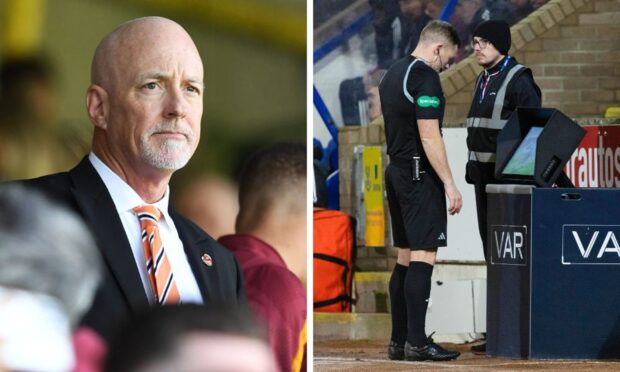

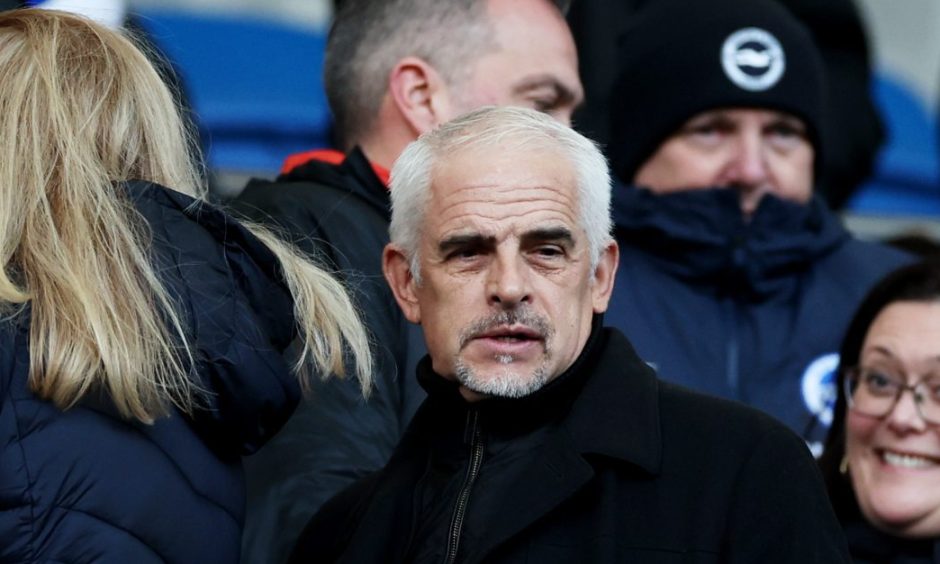
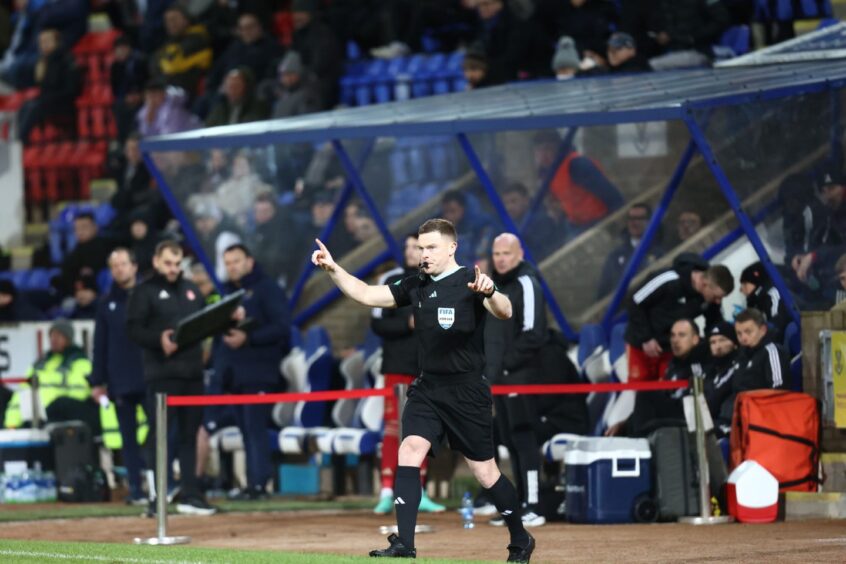
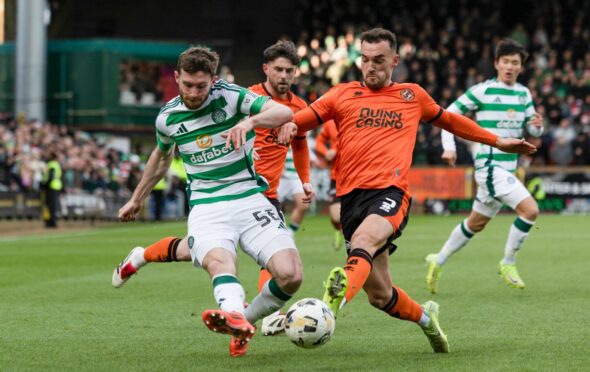
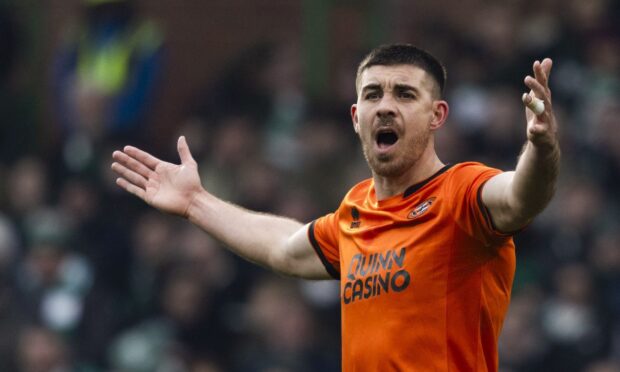
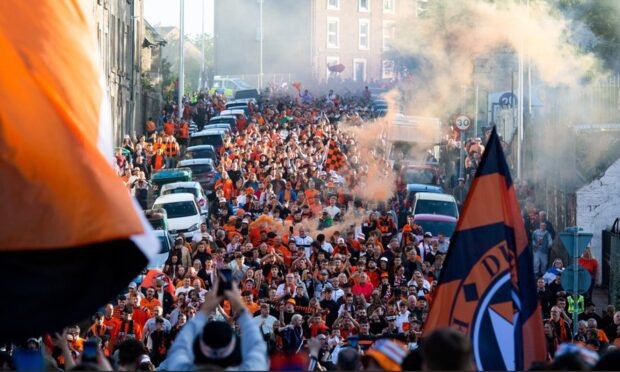

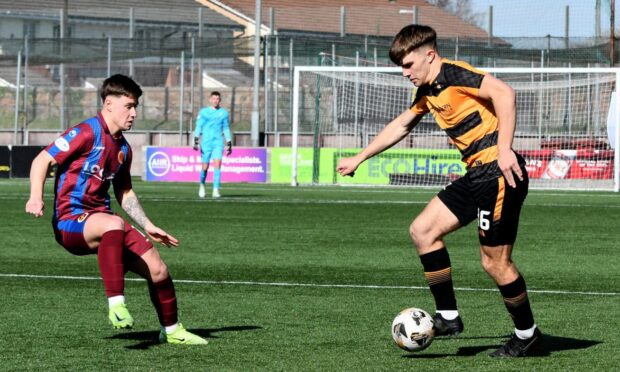

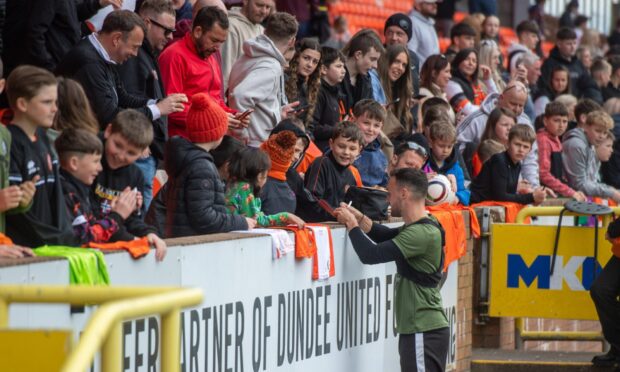


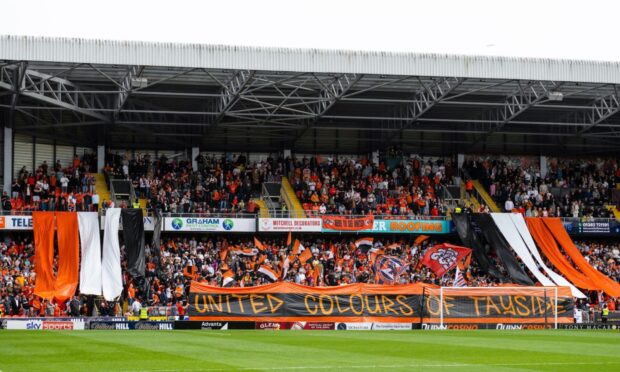
Conversation